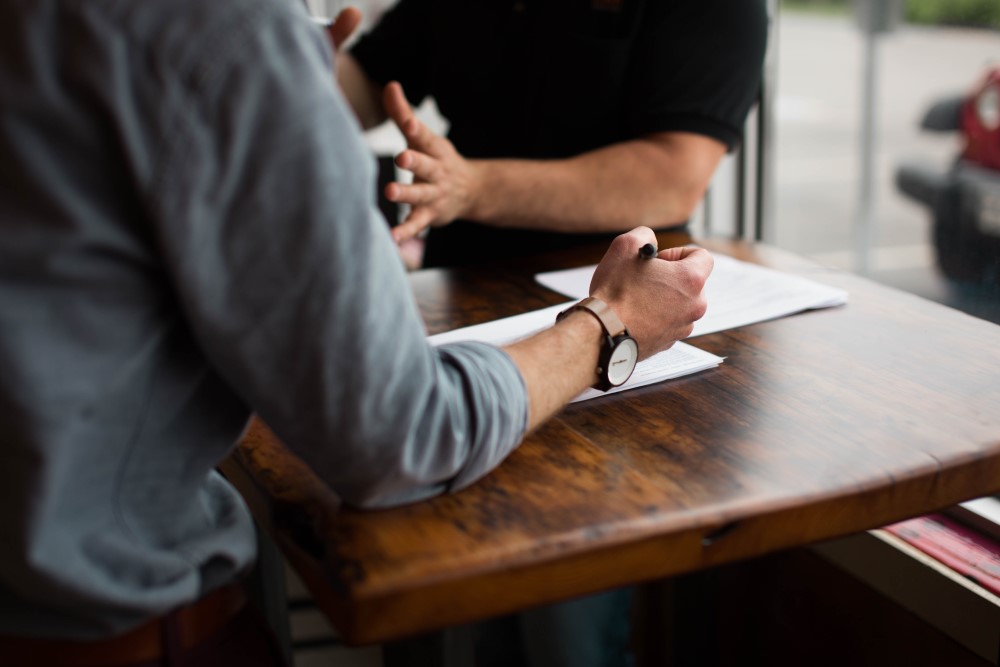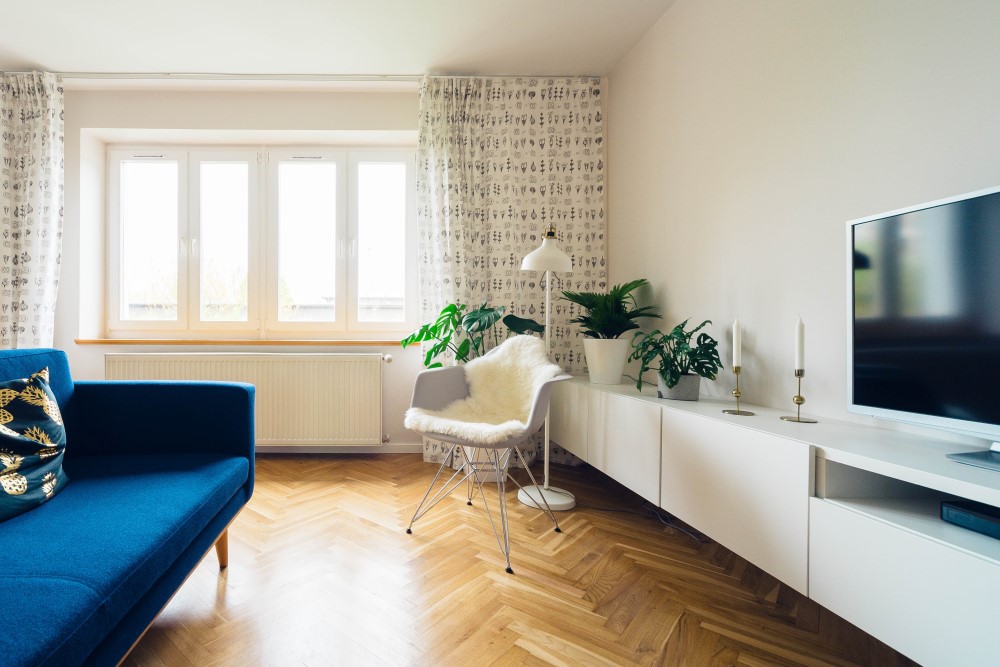Buying a house is one of the most exciting moves you might ever make, but also one of the most terrifying. Think of it like skydiving, but with much farther-reaching consequences. You want all the information you can get going in.
Here’s a little secret, though: That information won’t come from the internet or from a real estate agent. Sure, both can fill you in on plenty of important things to know before buying a house, and that’s great.
But the most important things to know before buying a house aren’t the how-tos or the listicles you can find online; they’re the answers only you can provide to some very big questions. If you want a cozy, comfortable and well-organized home for life, you have to make the right choices for you.
Let’s take a look at how to get there.
The Most Important Things To Know Before Buying A House: The Big Questions

First, the big questions. Buying a house is an emotional process, and you shouldn’t discount those emotions. Instead, give them enough room to breathe before you commit to the process.
Take counsel with your partner, if you are buying a home as part of a couple, or with any other family members who might be involved in the decision. If it’s just you, give the questions some serious thought on your own, or consider speaking with a loved one you trust.
1. Will Your Family Grow in the Next 5 Years?
This is one of the most crucial things to know before buying a house: What will your family look like in 5 years? If your answer is “I don’t know,” then don’t let that stop you. Just buy a big enough house that should your family grow, you’ll have somewhere to put the little one.
On the other hand, if you have serious family expansion plans, then you should not only make sure your house will be big enough, but scope out a neighborhood that will work long-term. That means good schools, good amenities (parks and grocery stores, etc.), and high safety ratings.

2. Will Anyone’s Job Change Significantly?
This is another of the important things to know before buying a house, because how much you make directly impacts how much you can pay on your mortgage.
You theoretically could get a home loan and close on a house with a current job, then switch to a lower-paying one right after, and the bank couldn’t do anything about it. But that could make your finances tight. If someone wants to switch careers, go back to school or take a pay cut in favor of a job they like more, make sure the mortgage payments will reflect that.
3. Are You on a Real Timeline or Not?
Sometimes, when you decide to buy a home, the temptation is to jump in feet-first as soon as you have the idea. However, if you’re not on a real timeline, it’s best to take a relaxed approach. This will allow you to find the right realtor at the right agency, see many houses over the seasonal market cycle, explore different parts of the city (or state), and dive deeper into what you want out of a home.
Sometimes, of course, you are on a real timeline, such as when you’re moving to an area. (BTW, if you are, you might want to take a gander at our comprehensive moving checklist here!) If that’s the case, it’s still helpful to consider whether buying a home is right for you at the moment.

4. WHY are You Buying a House?
Although this may seem the most open-ended and therefore the least helpful question of the bunch, it is in fact the most important one to ask before you sign on the dotted line. If your “why” doesn’t actually align with your life goals, buying a house isn’t a good call.
There are a lot of reasons to rent, and if you’re not sure whether you want to buy or rent, don’t jump the gun. For instance, here are some poor reasons to buy a home:
- Someone told you to invest your money
- You’ve lived in town for a few years
- “I can, so I should”
In the above cases, it’s probably better to put off a decision until you have a stronger why. That way, you can avoid getting stuck with a house you don’t want to live in. Note that there are potentially some strong tax consequences of buying a home and then leaving. If you live in a house for 2 of the last 5 years before it’s sold, you can exclude up to $250,000 of capital gains taxes as an individual or $500,000 as married filing jointly. If you don’t, you might end up paying tens of thousands of extra dollars on a sale.
On the other hand, if you’ve thought about it, you feel good about your work and family decisions, and you crave the freedom and satisfaction that comes with home ownership, then it’s time to consider the details.
The Most Important Things To Know Before Buying A House: The Details

Decided you do want to purchase a home? That’s awesome, but there’s still plenty to keep in mind. Here are some of the most important nitty-gritty things to know before buying a house.
What’s Your Credit Score and How Much Can You Be Approved For?
At the top of the list of things to know before buying a house is your credit score. Most adults have some clue as to their score, but small differences on the 800-point scale can add up to big differences in your loan approval amount.
This matters, because typically, credit lenders want you to have upwards of 600 in order to issue a loan. Many will give you a loan if you have a score above 500, though the terms probably won’t be very favorable and you’ll need a large down payment (usually 10 percent). Speak to a lender about this.
If your pre-approval figures are lower than you’d like, you can always buy a fixer-upper. These homes sell for less on the market because they are old and lack curb appeal, but often have strong bones and make very good long-term investments.
Can You Maintain the House Once You Buy It?
There are several different costs and responsibilities associated with home ownership, as compared to renting a home owned by someone else. A few of the biggest include:
- Property taxes, which you can calculate roughly using this equation
- Water, garbage and recycling, which landlords often pay for you but will become your responsibility
- Repairs and maintenance (filling holes in drywall and replacing broken fixtures is now your problem)
- Large expenses, such as a new roof
Because home ownership can potentially come with high-ticket items like roofs, windows and appliances, it’s important to make sure the house is in a shape you can afford. For that reason, while a fixer-upper is a great way to save on upfront costs, it could come back to bite you. Make sure your home is affordable now and in the future.

What Is Non-Negotiable and Where Are You Willing to Compromise?
Also among the important things to know before buying a house are what you care about most. For instance:
- What’s the minimum number of bedrooms and bathrooms you need?
- How big of a backyard do you want?
- What room do you spend the most time in, and does it reflect your needs?
- Are there any home amenities you can’t live without, such as a fireplace or a gas stove?
Create a list of these items carefully before deciding on a home, otherwise you might be unhappy later.
Make a second list right alongside the first one, in which you list aspects of a home that would be nice, but aren’t critical. These could include double-paned windows, a side-by-side fridge, a window seat, built-in bookshelves, and so on. That way, your realtor will have more details to help narrow down the search, but you don’t have to eliminate good options because of it.
Think you’re ready to move forward with a home purchase? We wish you the best of luck!






